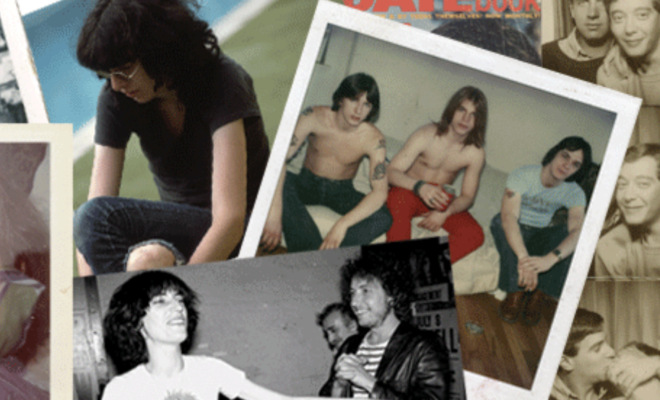 Brendan Toller
Brendan Toller
Equality
‘Danny Says’: Life Of a Punk Rock Influencer
Danny Fields doesn’t sing, he’s not a household name, but he was so pivotal in the evolution of punk rock that his adventures as a music industry influencer are documented in the film “Danny Says,” opening at the Sundance Sunset Cinemas in West Hollywood today, Sept. 30, 2016, as well as on digital platforms, including Amazon Video, VOD and iTunes.
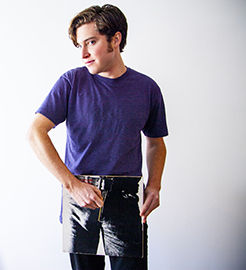
Brendan Toller
“I’m a super fan of his for what he did for culture at large,” says director Brendan Toller. “My life was changed by the Stooges, changed by the Ramones, changed by the MC5, the Velvet Underground, changed by all these bands he helped champion. And this is the template for modern American music today.”
One might see Danny Fields as a brilliant mastermind who lifted punk rock into the mainstream. Or as an astute fan in search of friends, who was smart enough to foresee what would resonate with disaffected youth of the ‘60s and ‘70s. The film’s title comes from the song “Danny Says,” written by the Ramones, showing the immense weight that his words carried as a journalist, promoter, manager and friend.
Interviews with Judy Collins, Iggy Pop, Alice Cooper, Tommy Ramone, Jonathan Richman, John Cameron Mitchell and others show the impact Fields had on performers, as well as with industry people.
He ran in the same circles as Andy Warhol, Nico, Lou Reed, and Jim Morrison. He saw originality in the Ramones and the Stooges.
“I found out about Danny reading rock books,” says Toller. “Books about the Doors and Jim Morrison, and Jean Stein’s book about Edie Sedgwick [“Edie: An American Biography”]. I actually thought there must be two or three Danny Fields.”
He met Fields while making his first documentary, “I Need That Record,” while at Hampshire College in Amherst, Mass.
“My dad had an early run as a program director at this radio station in New Haven,” Toller says, explaining his early exposure to the music industry. “My dad ended up in the insurance business,” he says, and that made him realize, “Oh man, this is not the life I want to live.”
Toller’s second feature documentary is a big step closer to his goal to have a career as a filmmaker. “I really hope it inspires people, to show them that even if you’re not inclined to be a musician or an artist, there are other ways to affect the culture, there are other ways to make a difference.
“Even if you feel like you’re the only kid … who likes different music and different people; likes boys or girls or nobody, it’s OK, there’s a way to find like-minded people. That’s what’s so inspiring about Danny’s story, I think for the first 20 years of his life, there were not many friends, there were not many people like him. Somehow, it started tilting more and more his way.”
Fields had so many connections and “saved everything,” says Toller, that he’s become a valuable resource for researchers, and the main source for archival images and recordings for this film.
“Danny kept personal files, correspondence with everyone he was interested in or kept in touch with. It’s unbelievable.”
Toller also delves into Fields’ personal life. As gay man who meandered between the hippie drug culture and the intellectual outcasts of Warhol’s Factory, he had the ability to connect people.
“What’s great about Danny,” says Toller, “is that he could take these incredibly odd artists that had, to other people, little or no value, give context and an argument as to why they were important, worth a listen or a look so they could knock us over.
“It’s really refreshing to see someone who’s not defined by his sexuality, not defined by his job, but he just is Danny Fields and that’s his gift to the world.”
Toller laughs, adding: “I don’t think there was a grand scheme, I think every day woke up and thought, how am I going to get paid, how am I going to get laid and am I going to make rent. Now we look back and it seems like there was this agenda, this constant thread, but I don’t think there was, other than he had really great taste, and [created] the platform for really influential artists to break through.”
For more about the film “Danny Says,” see the website.

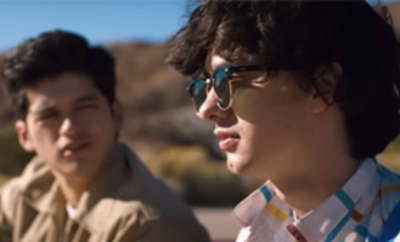
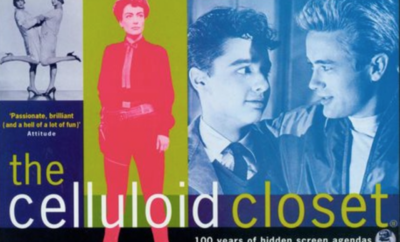
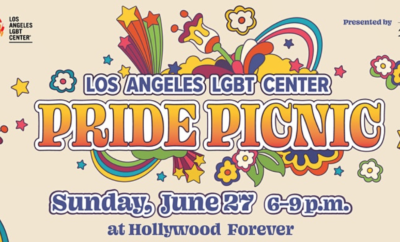
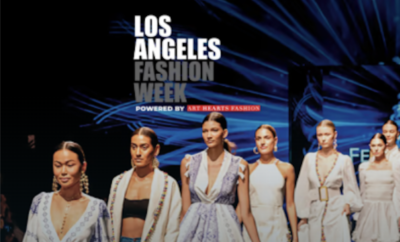
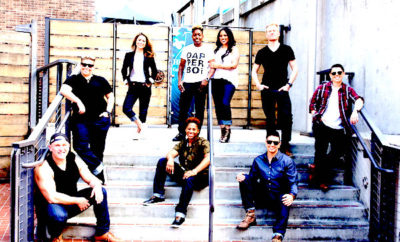
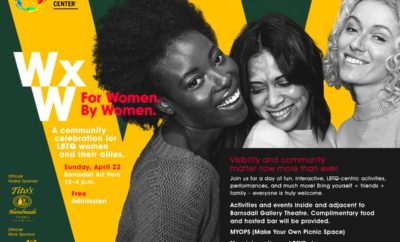
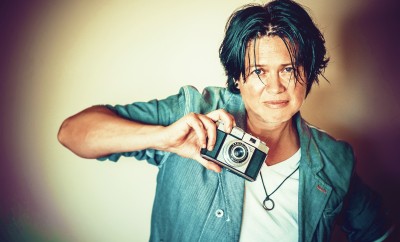
You must be logged in to post a comment Login